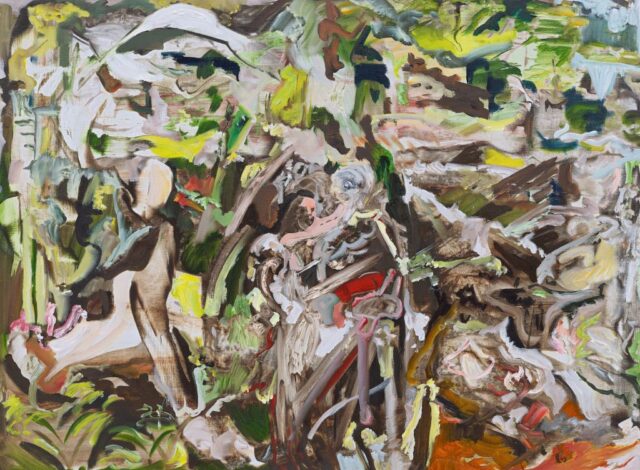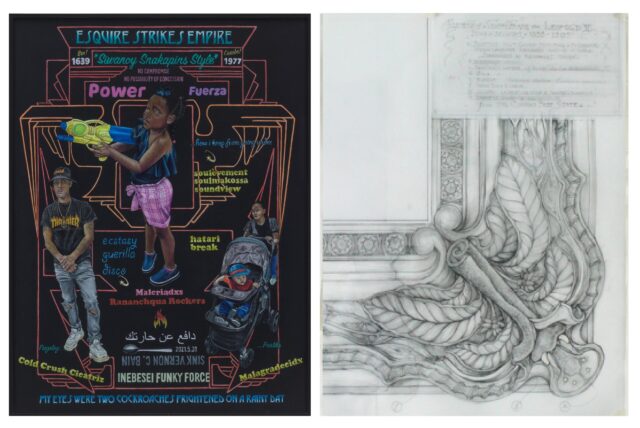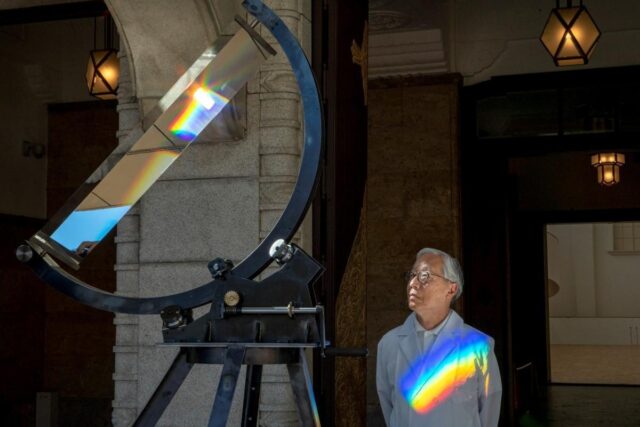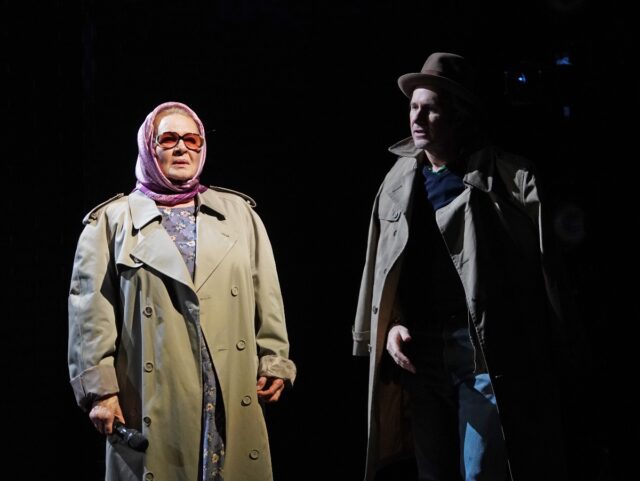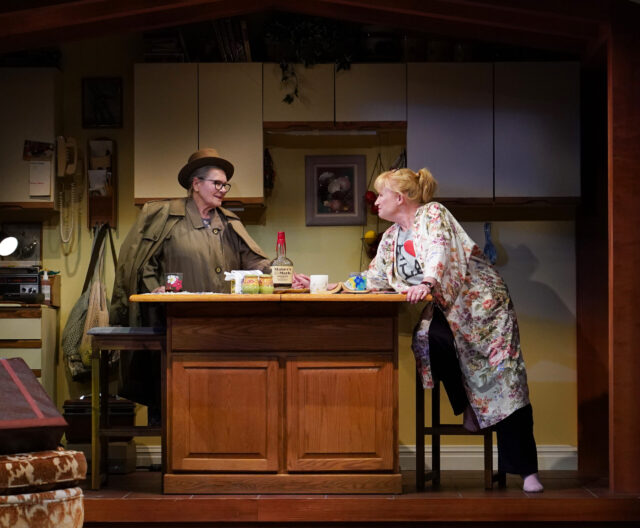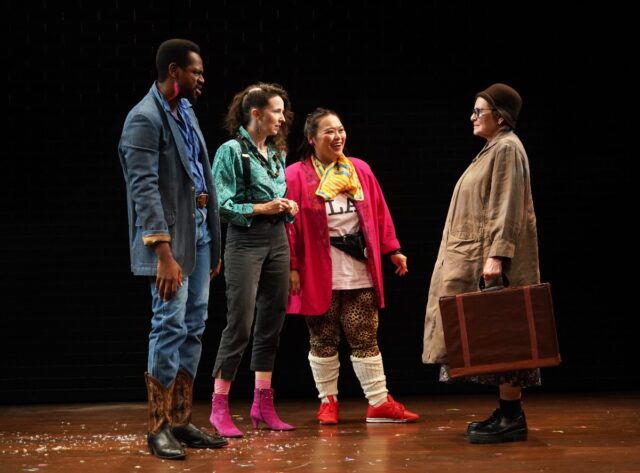
TIME | AGAIN
Speyer Hall at University Settlement
184 Eldridge St. between Rivington & Delancey Sts.
Friday, December 8, $12.71-$23.41, 8:00
www.eitherormusic.org
www.universitysettlement.org
New York City–based flexible chamber ensemble Either/Or (EO) looks to the past and the future with its next performance, December 8 at 8:00 at Speyer Hall at University Settlement. The evening begins with the world premiere of the EO commission It only has shelves by Bronx-based multidisciplinary composer Victoria Cheah. Written for violin, cello, trombone, and electronics, the piece explores layering, depth, ritual, and preparation. “To know you have a place to put something, where something can belong, where the fact of its emptiness suggests its readiness to receive instead of impose, to me suggests the possibility of belonging,” Cheah said in a statement. The work will be performed by Pala Garcia on violin and John Popham on cello — the cofounders of progressive trio Longleash — Cheah on electronics, and event curator Chris McIntyre on trombone. Cheah, a Hunter and Brandeis graduate who is assistant professor at Berklee College of Music and Boston Conservatory and director of production of Talea Ensemble, has previously scored commissions or had pieces featured by Non-Event, Switch Ensemble, andPlay, Yarn/Wire, Wavefield Ensemble, Guerilla Opera, Ensemble Dal Niente, PRISM Quartet, and others, with such enigmatic titles as “Ocean into wire,” “We drank wine from the bottle on a rooftop next to god,” and “I watched her smile her hand.”
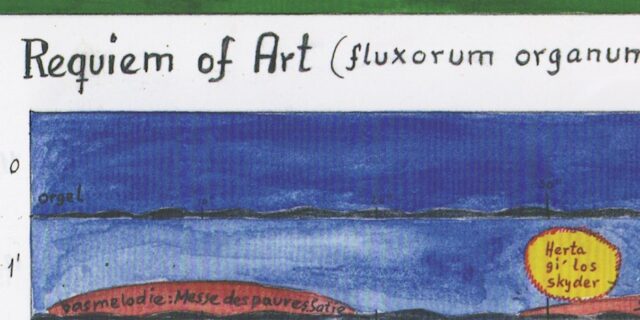
Either/Or presents Time | Again on December 8 at Speyer Hall at University Settlement
It only has shelves will be followed by the late Danish composer and visual artist Henning Christiansen’s 1973 Requiem of Art (NYC) (fluxorum organum II), a Fluxus “tape piece” realized for live ensemble by British-Lithuanian cellist, composer, and visual artist Anton Lukoszevieze for Ultima Festival New York in 2014. The work will be performed by the full ensemble, consisting of the aforementioned Garcia, Popham, and McIntyre joined by EO director Richard Carrick and Anthony Coleman on keyboards, Margaret Lancaster on voice and percussion, Dennis K. Sullivan on percussion, and sound technician Alex Lough on electronics as each minute provides unique experimental shifts in what we’re hearing.
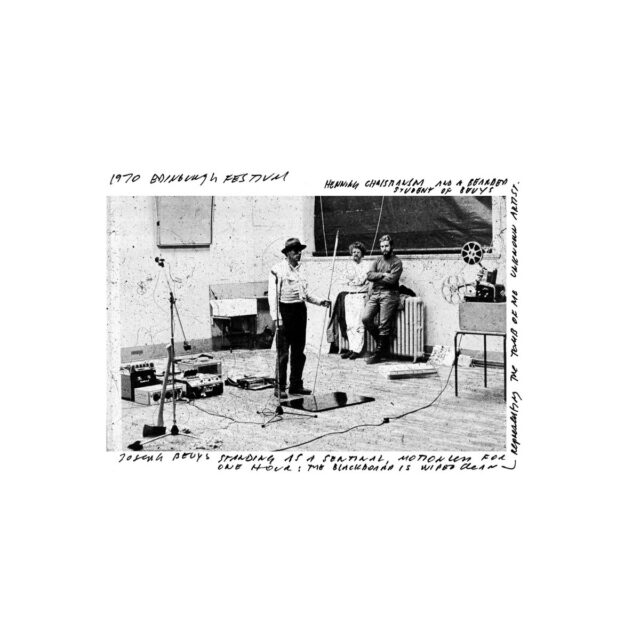
Henning Christiansen (rear, left) collaborates with Joseph Beuys (in hat) at 1970 “Strategy: Gets Art” festival (photo courtesy Demarco Digital Archive)
In 2015, Ursula Reuter Christiansen, Henning’s widow — the Danish composer died in 2008 at the age of seventy-six — wrote of the work, “In the summer of 1969 we made a collective film, The Search, on the heath in Jutland, Denmark. Henning Christiansen made on site field recordings for the individual scenes with Peter Sakse as sound master. The music was first used during the performance at the festival ‘Strategy: Gets Art’ exhibition organised by Richard Demarco at Edinburgh College of Art, on August 21, 1970, with Joseph Beuys and Henning Christiansen. Henning Christiansen sampled the field recording into the organ music from [Beuys’s 1968 performance film] Eurasienstab. He gave this composition subsequently the title Requiem of Art fluxorum organum II Opus 50. That means a requiem over the role of art in the 1960s.” McIntyre adds that the original Requiem was “a sort of portrait of the sound world Christiansen conjured for Beuys’s real-space rituals.” Tickets to the event are $12.71 to $23.41 and available here.
[Mark Rifkin is a Brooklyn-born, Manhattan-based writer and editor; you can follow him on Substack here.]

